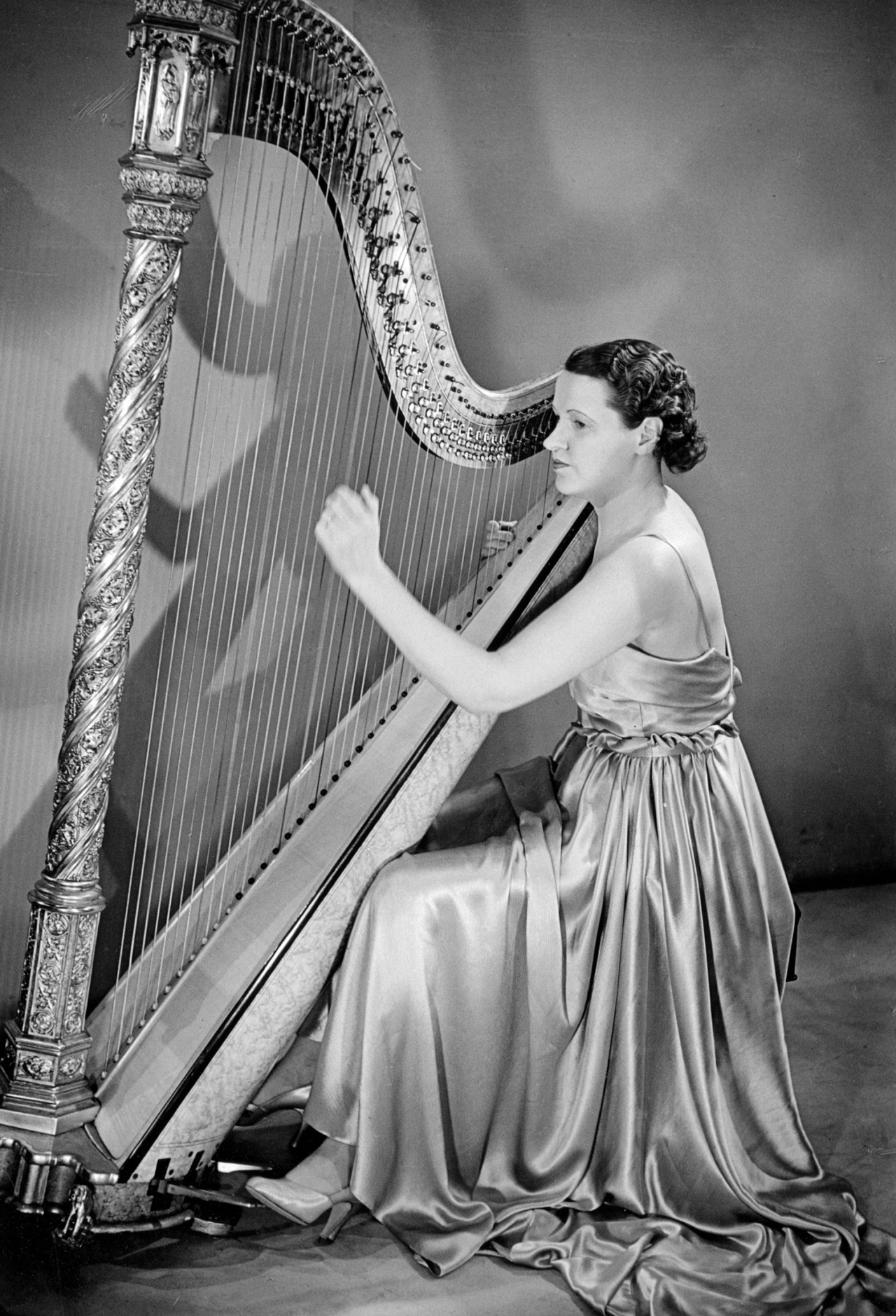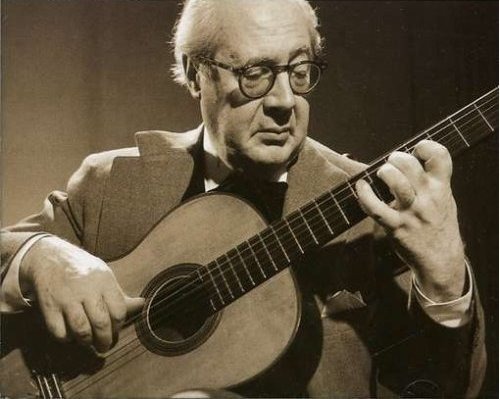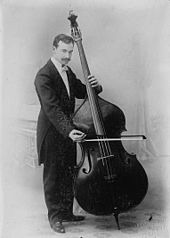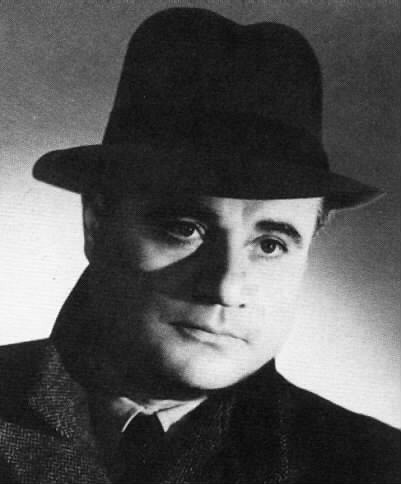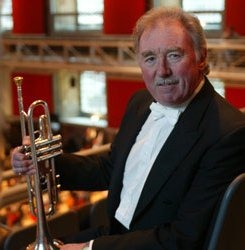
Maurice Murphy
Credit: http://vignette3.wikia.nocookie.net/
In 1961, Murphy was offered the position of principal trumpet with the BBC Northern Symphony Orchestra (now BBC Philharmonic), where he stayed until he moved to London in 1977 to take up the principal position of the London Symphony Orchestra, a position he held until his retirement in 2007.
Known for his unassuming, humble manner, Murphy earned a reputation as one of the great orchestral trumpet players of the century. There aren’t many people who won’t have heard Murphy’s laser beam high note at the opening of the Star Wars soundtrack; his distinctive sound can be heard on many of the LSO’s film work, including Raiders of the Lost Ark, Superman, and Gladiator.
Star Wars

Adolph Herseth
Credit: https://i.ytimg.com/
Herseth saw the tenure of five other musical directors of the CSO: Artur Rodziński, Rafael Kubelik, Fritz Reiner, Jean Martinon, and Daniel Barenboim, who appeared alongside others in a special concert given by the CSO in 1998 to celebrate Herseth’s 50th anniversary with the orchestra.
Adolph Herseth plays Mahler No.5
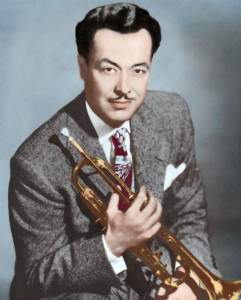
Rafael Méndez
Credit: http://www.mendezbrassinstitute.com/
At the age of 20, Méndez moved to the USA and worked in, among other places, a steel mill and automotive plant while he established himself on the music scene. By 1940, he was leading the MGM studio orchestra’s brass section.
Méndez’s legacy includes a large body of his own arrangements and compositions for the trumpet, and a legendary technique that few could equal. His recording of Paganini’s Moto Perpetuo (originally for violin) continues to baffle and amaze listeners to this day.
Set up and sponsored by his two sons, the Rafael Méndez Brass Institute is a world-renowned course that takes place over a week every summer, and focuses on brass chamber music, solo playing, teaching and technical skills.
Moto Perpetuo performed by Rafael Mendez
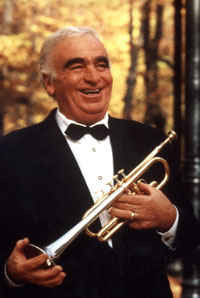
Maurice André
Credit: https://img.discogs.com/
His first CD, shared with tenor Fritz Wunderlich and organist Günther Brausinger, was released in 1950, and since then went on to build a discography with over 300 recordings to his name.
And he didn’t just stop at works for trumpet: André also recorded music originally written for, among others, the flute, oboe, and violin, such were his technical capabilities.
Andre passed away in 2012, his library of recordings still a gold standard of the baroque trumpet.
Maurice André – Haydn Trumpet Concerto
So, did we miss anyone off who you think should have made the list? Let us know in the comments below!

